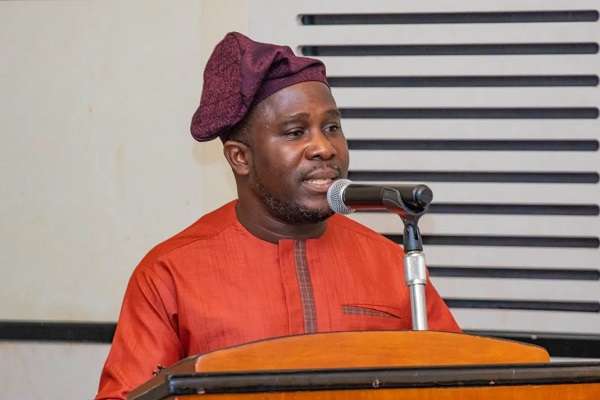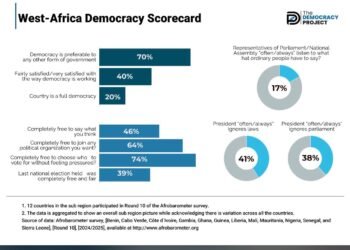The debate over the possible merger of the Public Utilities Regulatory Commission (PURC) and the Energy Commission of Ghana has been gathering momentum, with several industry experts and policymakers weighing the potential benefits against the risks of the proposal.
The Institute of Energy Security (IES), a well-respected energy think tank in Ghana, has publicly endorsed the merger of the two regulatory bodies. According to Nana Amoasi IV, the Executive Director of IES, combining the PURC and the Energy Commission would bring much-needed coherence to the regulatory framework governing Ghana’s energy sector.
“Today’s power sector is played around regional bases. In the West African power pool, all their regulators relative to the power, it is only one regulator.
“You don’t find PURC at one end and you don’t find an energy commission at one end. For policy formulation and implementation, I get from one command desk. So that is a good call.”
Nana Amoasi IV, Executive Director of IES

Nana Amoasi IV stressed that unifying these entities could lead to more efficient policy formulation and implementation, benefiting both industry stakeholders and consumers.
The IES argued that the current separation of roles between the PURC, which focuses on economic regulation of utilities such as electricity and water, and the Energy Commission, which is responsible for the technical regulation of the energy sector, creates unnecessary bureaucratic hurdles.
Nana Amoasi IV believes that merging the two bodies would not only lead to significant cost savings but also improve the responsiveness and agility of the regulatory system in addressing Ghana’s energy challenges.
The IES believes that merging the two bodies would not only lead to cost savings by eliminating redundant functions but also enhance the effectiveness of energy regulation in Ghana. By having a single entity responsible for both the economic and technical aspects of regulation, decision-making processes could be streamlined, and bureaucratic delays reduced.
Amoasi also highlighted that Ghana’s energy sector is currently grappling with complex challenges, including fluctuating energy supply, pricing volatility, and a growing demand for renewable energy integration.
A single regulatory body, he argued, would be better equipped to manage these challenges by providing clearer oversight and more coordinated responses to emerging issues.
“For instance, issues related to energy tariffs, supply stability, and technical standards could all be handled more efficiently if there were fewer overlapping jurisdictions,” Amoasi said.
Opposing Views: The Case for Separation

Despite the potential benefits outlined by the IES, not everyone is in favor of merging the PURC and Energy Commission. Appiah Kusi Adomako, West African Director of CUTS International, has been a vocal critic of the proposal, arguing that the two regulatory bodies serve distinct and important roles that should remain separate to maintain checks and balances within the energy sector.
“I think there is a good reason for the two agencies to be separated. PURC is an economic regulator of energy and water whereas the Energy Commission is a technical regulator.
“When you merge them, what might happen is that you set a regulatory capture by the minister.”
Appiah Kusi Adomako, West African Director of CUTS International
One of the primary concerns Adomako raised is the potential loss of independence for the PURC if it were merged with the Energy Commission. Currently, the PURC reports directly to the president, which allows it to operate with a degree of independence from the Ministry of Energy.
A merger, he feared, would place both regulatory functions under the purview of the Ministry of Energy, potentially opening the door to political interference and regulatory capture.
He further expressed concern that merging the two bodies could result in a loss of expertise and focus, particularly in areas where technical and economic regulatory functions require different skill sets and approaches.
The debate over whether to merge the PURC and the Energy Commission reflects broader questions about the future of energy regulation in Ghana.
The final decision on the merger will likely depend on the government’s assessment of the potential benefits and risks. If the merger proceeds, it could represent a significant shift in how Ghana’s energy sector is regulated, with implications for consumers, industry stakeholders, and policymakers alike.
However, balancing the need for efficiency with the importance of regulatory independence will be crucial to ensuring that any changes serve the best interests of the country’s energy future.
As the conversation continues, industry experts, government officials, and civil society organizations are expected to weigh in, shaping the ultimate outcome of this critical policy debate.
READ ALSO: Georgia Signals Record Voter Enthusiasm























